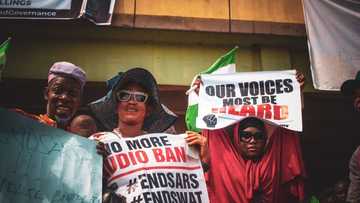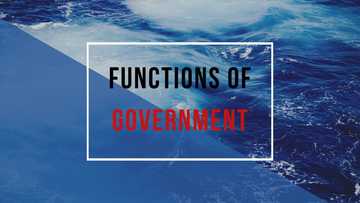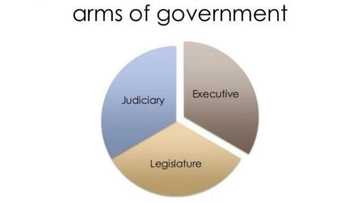Relationship between the three tiers of government in Nigeria
It is very important to take interest in the political life of one’s country or at least know the basic structure of the government. It is time to learn 'what are the 3 tiers of government in Nigeria and the relationship between them?' Continue reading to learn more.
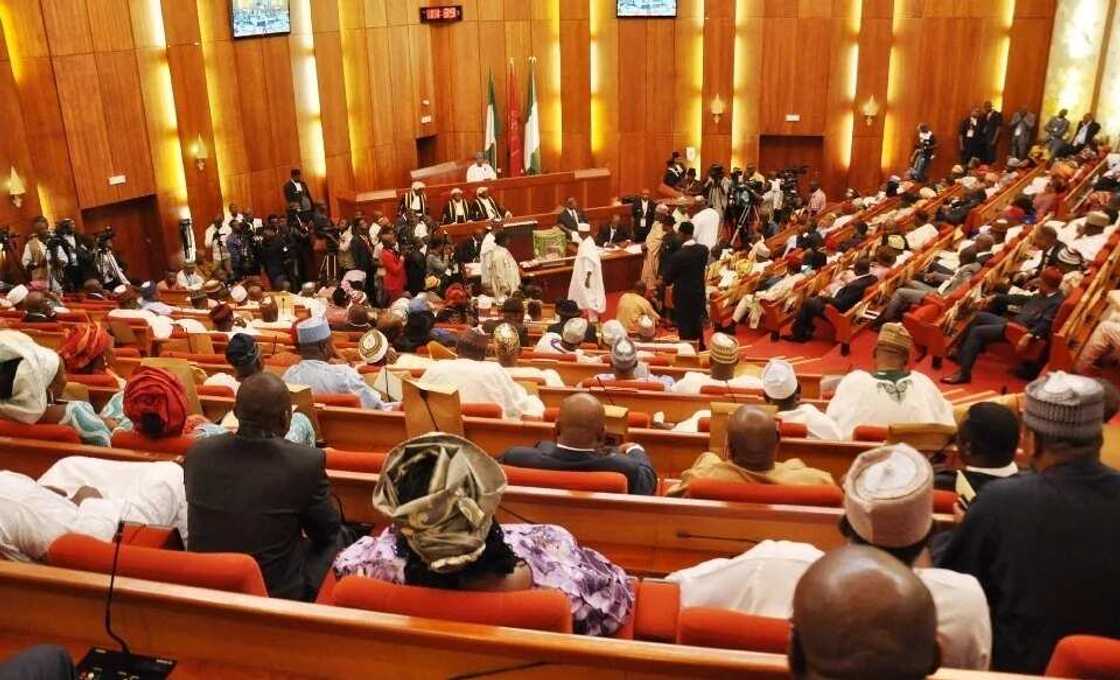
What are the three tiers of government in Nigeria?
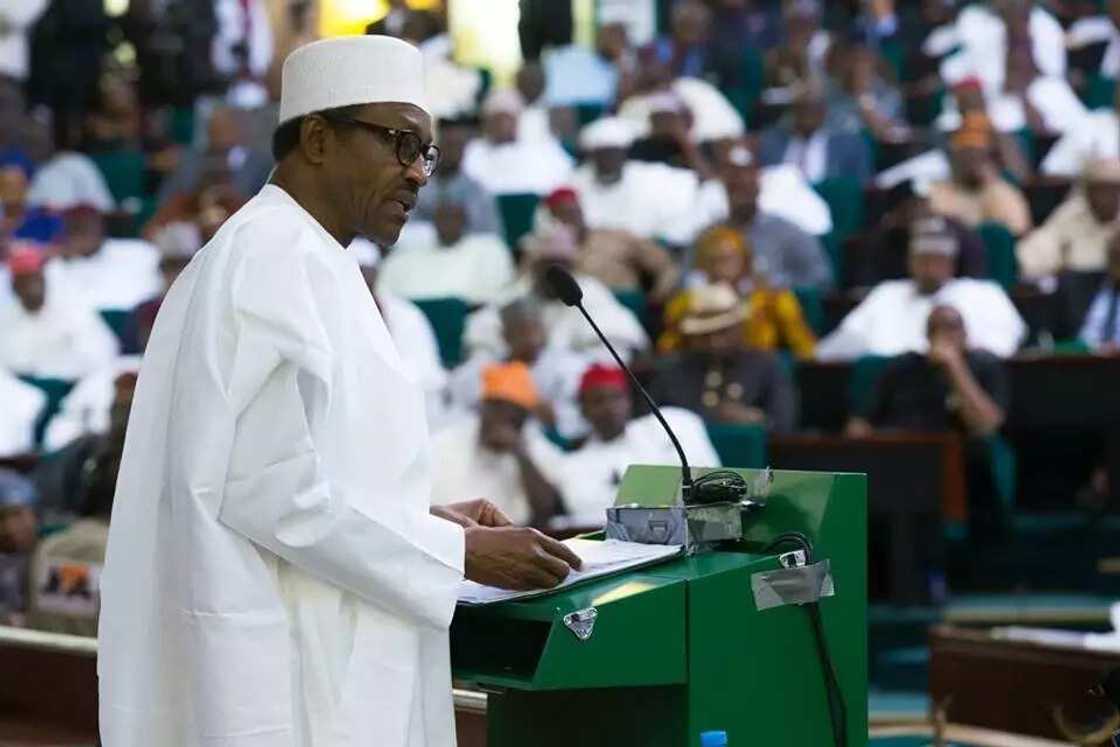
The structure of Nigerian government is made up of three tiers:
- The federal government;
- The state government;
- The local government.
Each of them is a relatively independent tier of the government that have their own roles. However, there are certain instances where they collaborate. For example, financing and management. It is important to cover the role of each tier in the life of the country before talking about the relationship between the tiers.
Federal and local government mostly “work on their own” while the state government is in collaboration with one of the tiers. It is important to remember that even though the local government mostly works alone, federal government can take intervene in the "life" of the local government.
Role of the federal government
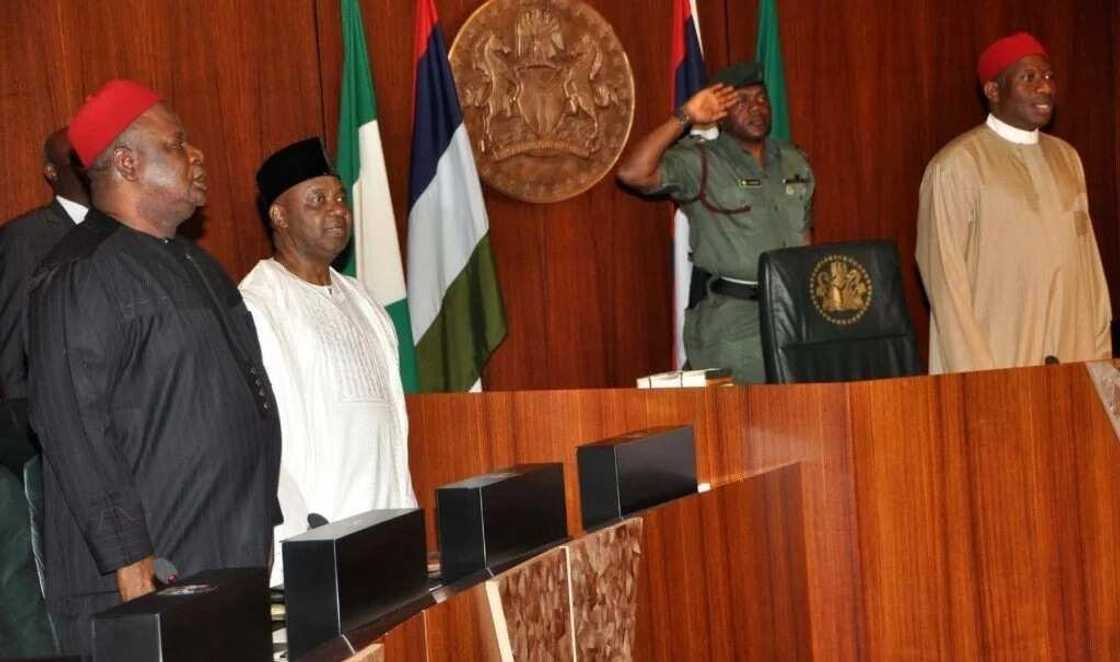
The federal government has the most impact on the country and controls a lot of fields. It is involved in:
- Police and security services;
- Aviation;
- Telegraphs;
- Phones;
- Defence;
- Regulation of telecommunications;
- Labour;
- Interstate commerce.
It also creates the guidelines for minimum education standards for every level of education.
Role of the local government
As we understand from the name, local government deals with issues that are at the local level. It is related to:
- Streets and street lighting;
- Refuse disposal and sewage;
- Issues with roads;
- Burial ground and cemeteries;
- Homes for destitute and infirmary.
Local government also takes part in the development and economic planning.
Role of the state government
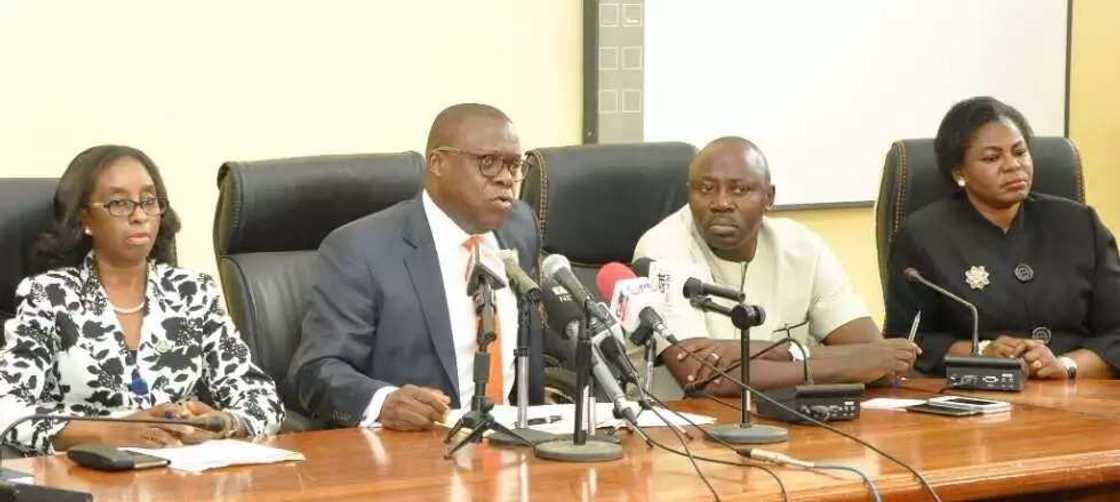
READ ALSO: Nigerian Government structure
As we said before, in order to get their work done, state government collaborates with other tiers. Each collaboration is responsible for various fields and have different duties.
Let's start with the collaboration of federal government and state government. While in collaboration with federal government, they oversee the universities, health, and social welfare, antiquities, and monuments, various researches, commercial development, electricity and the development of agricultural industries.
State government collaborates with local government in order to solve the issues related to health services and the development of agriculture. It is also in charge of issues related to every level of education and non-mineral natural resources.
There are other relationships between the tiers of the government in Nigeria besides the collaboration of the state government with either the local government or the federal government.
The relationship between the three tiers of government in Nigeria
Since we know the main responsibilities of each tier, we can discuss the relationship between them. Even though collaboration is a type of relationship between the tiers, there are other areas of cooperation or relationship.
The power sharing relationship
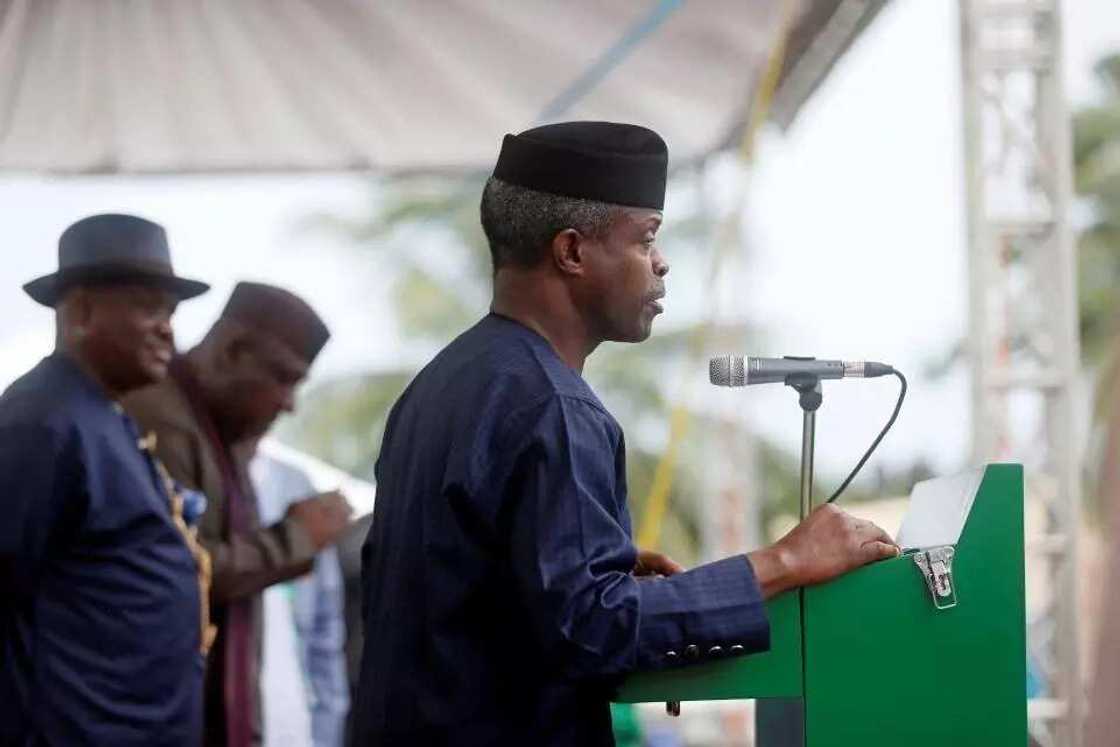
This is the first area of the relationship among the tiers of the government in Nigeria. Each of the tiers has a type of an important list. There are three types:
- The exclusive;
- The concurrent;
- The residual;
The exclusive list belongs to the federal government. This means that other governments can’t interfere with the subjects on the list. The exclusive list can be considered as a symbol of power. The concurrent list belongs to the federal and state governments. The residual belongs to the states.
The "power sharing" means that even though there are certain lists that belong to each tier, the responsibilities can be shifted among them in order to get better results. For example, even though primary education is in the list of the state government, other tiers can take it up when needed.
The power sharing relationship between the tiers means more productivity which is a great thing for the country, if you ask us. However, it leads to another area of cooperation.
Revenue sharing or allocation
This means that there are taxes that are collected by one tier of government on behalf of another. It mostly occurs when the power and responsibilities for certain areas are shifted between tiers, like during the "power sharing" times. It is common to have revenue sharing or allocation between the federal government and one of the other tiers.
Relationship between federal, state and local government in Nigeria
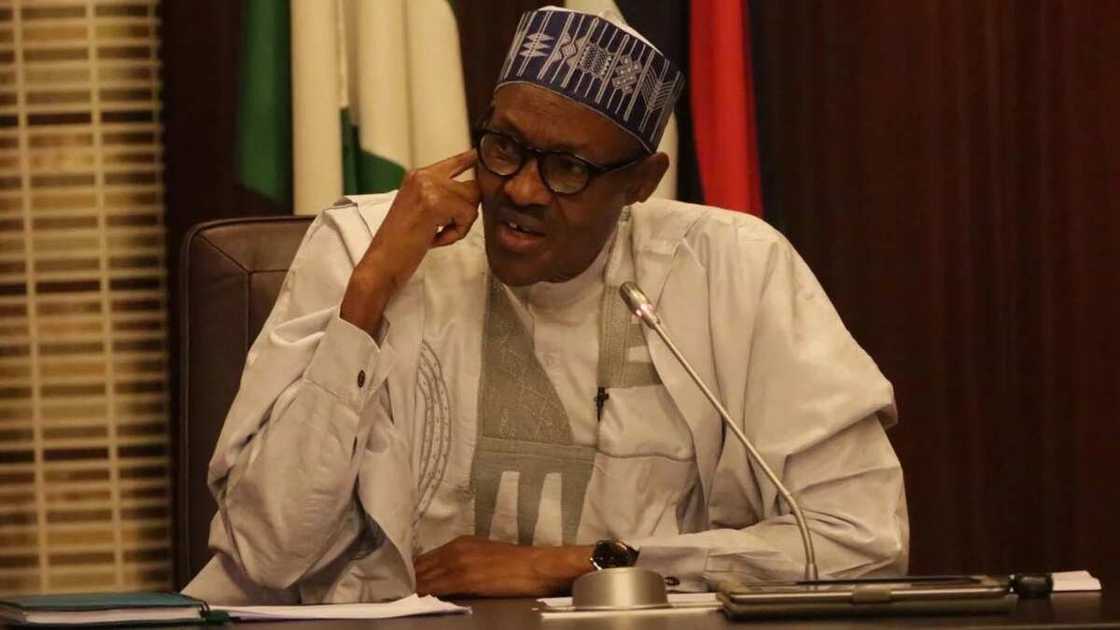
We know that the local government in Nigeria can be called the “weakest” tier of the three because it has the least power. It means that they are only responsible for issues on the local level. It is also known that the federal government is empowered by the Constitution and can have a significant impact on local government matters.
The big impact of the federal government on the local government matters was the cause of dispute between many Nigerians.
In the last few years, there were some issues in the relationship between the local and federal governments. And there are still issues! The biggest problem is that the federal government may have some functions that do not belong to it.
Many Nigerians argue that federal government may take advantage of some areas that are under the power of the local government, like culture or rural development. But who is right and who is wrong? Especially when the federal government is empowered by the Constitution.
Some Nigerians have complaints about the relationship between governments in Nigeria. What will we see in the future? Nigeria is still described as “cooperative federalism, ” but we can clearly see the dominance of the federal government. The only thing we can say is that if Nigeria wants to continue practicing the “true federalism” instead of “cooperative,” then it should return to the Constitution of 1963.
READ ALSO: What are 10 economic problems facing Nigeria?
Source: Legit.ng


